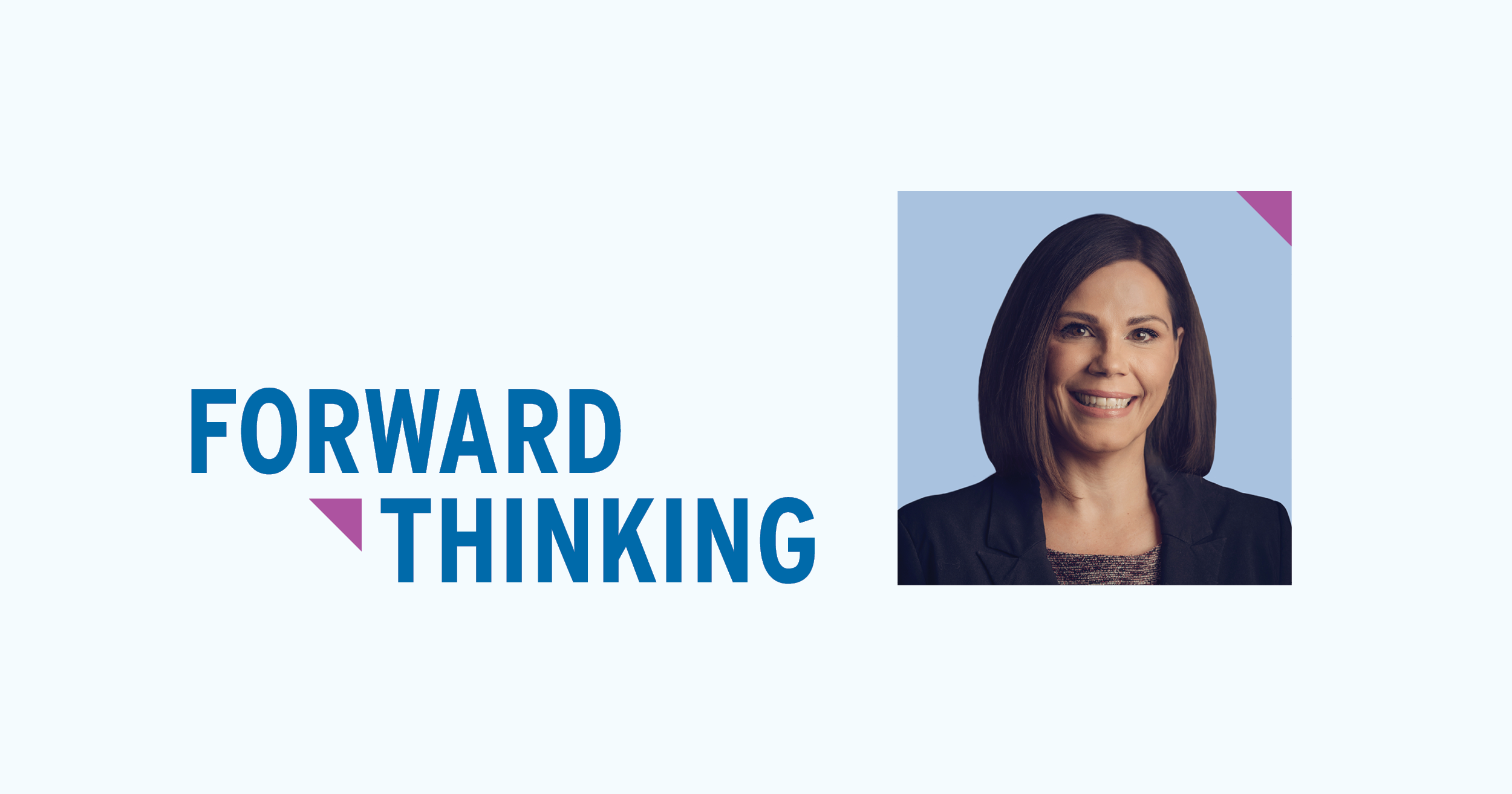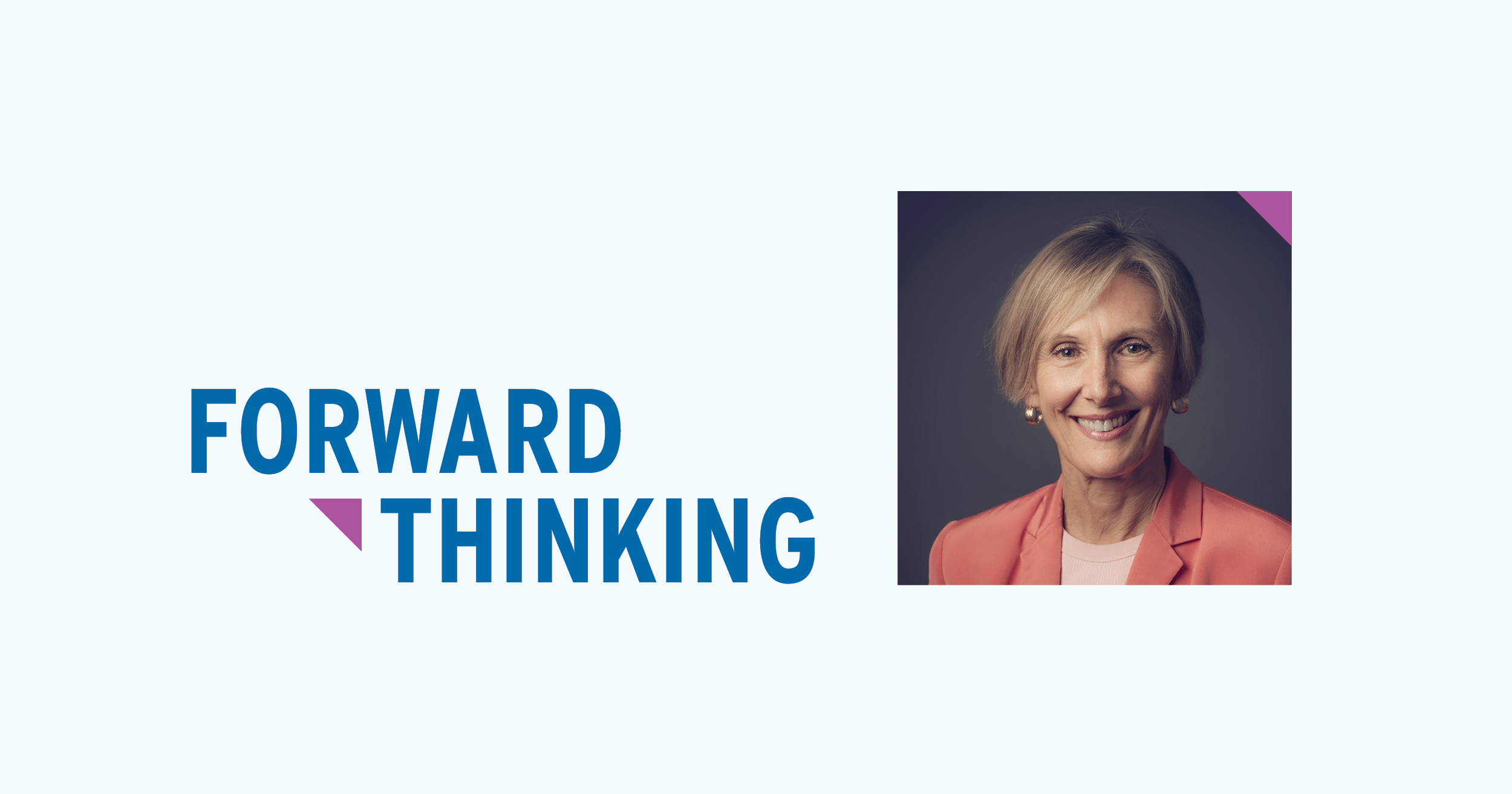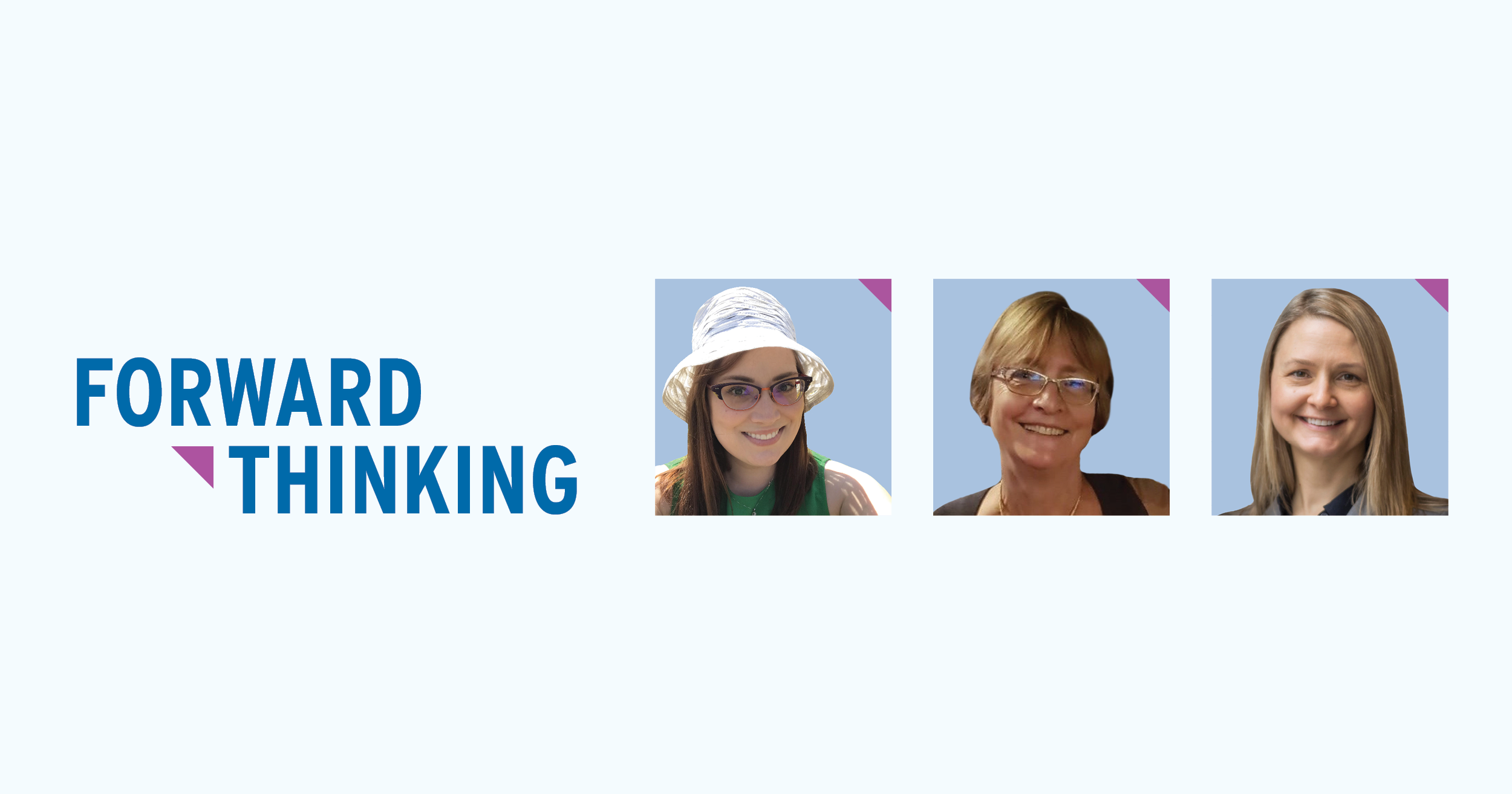Joining forces for responsive and responsible research funding
25 November 2019

As BC’s health research funding agency, we think deeply about how to grow, improve and best support BC health research. Since our first Forward Thinking post, we’ve shared a series of blogs on health research funding and ‘helping-it-happen’. In this post, MSFHR’s President & CEO Dr. Bev Holmes discusses a new collaboration with like-minded funders to further research-on-research and maximize our investments.
Forward Thinking is MSFHR’s blog focusing on what it takes to be a responsive and responsible research funder.
A new partnership opportunity is strengthening the evidence base for health research funding, enabling MSFHR to maximize the impact of our investments on behalf of British Columbians.
How can funders mitigate bias in peer review? What additional support, beyond grants, would help research teams achieve their full potential? What are the best ways to measure scientific productivity? How should research excellence be assessed across scientific disciplines and approaches? How can incentive structures better recognize and reward the diverse roles and contributions of those involved in research?
These are the kinds of questions we posed in our Forward Thinking kick-off blog post, which focused on MSFHR’s commitment to responsive and responsible research funding. We’re excited to announce that we are starting to explore those questions and more in a new collaboration with like-minded funders as a part of the just-launched Research on Research Institute.
What is research on research?
Research-on-research is the study of research itself: its methods, reporting, reproducibility, evaluation, and incentives. 1 It’s a decades-old discipline – sometimes called meta-research or meta-science – involving a range of fields, for example science and technology studies, innovation studies, and history and philosophy of science. Its ultimate aim is to understand and improve how research is conducted, and how its results are used for societal benefit.
So while research-on-research isn’t new, there is growing interest in studies related to the funding of research: funders are stepping up and declaring their commitment to ensuring a research enterprise that produces the most robust and useful evidence. This work is increasingly important given the rapidly changing global scientific enterprise and more complex problems that require at the same time new areas of specialization and unprecedented collaboration – both among scientists, and between scientists and the end users of their work.
What is the RoRI?
Co-founded by the Wellcome Trust, the universities of Sheffield and Leiden, and Digital Science, the Research on Research Institute (RoRI) is an international consortium of funders, policy-makers, academics and technologists. RoRI was launched September 30th with a goal to encourage research into funding practices and policies and how they can be improved.
Among RoRI’s objectives are to build capacity for research-on-research internationally; to design, experiment with and apply new tools, indicators, funding models and evaluation frameworks; and to create a space for learning and collaboration among partners.
RoRi will be based for an initial two-year phase at the Wellcome Trust’s offices in London.
Who’s involved?
The founding organizations have invited a range of partners to join RoRI. From Canada are MSFHR and our colleagues from the National Alliance of Provincial Health Research Organizations and Canadian Institutes of Health Research (CIHR). Invited partners are private foundations, academic research institutes and public funding agencies from more than eight countries, including Austria, Canada, Denmark, Germany, India, Netherlands, Switzerland and USA.
Among the work already underway by these organizations:
- The Volkswagen Foundation is piloting and testing a new selection procedure for project applications. Under its Experiment! initiative, some projects are selected by an independent jury; others are selected randomly from eligible applications.
- The Swiss National Science Foundation is exploring factors that influence grant application scores, including source of reviewer nomination, applicant and reviewer gender, and reviewer country of affiliation.
- Wellcome Trust is also studying peer review, with a view to understanding how funders can make decisions that drive efficiency, integrity, and benefits for the research community and its stakeholders.
- CIHR is expanding how research excellence is defined and assessed in relation to the Declaration on Research Assessment; their equity, diversity and inclusion commitments; and international best practice.
At MSFHR we have several projects underway. One harnesses 15 years of early career research data to understand which applicant and peer reviewer factors are most predictive of outcome, and to examine the link between funding outcome and future success. Another, working on a project led by University of British Columbia – Okanagan researcher Dr. Heather Gainforth, is studying collaborations formed by research teams through MSFHR’s Implementation Science Team grants.
What’s next?
At the heart of RoRI will be a partners’ lab – a trusted space to carry out primary research – supported by a funders’ data platform. Wellcome Trust has dedicated a research team to this foundational aspect of RoRI, including software developers, data scientists and senior technical advisors. Underway now is an exercise to map RoRI partner data assets, address technical and privacy challenges associated with sharing and processing data, and determine priority projects under three themes: research careers, research decisions, and research cultures. For their part, invited partners are determining their involvement in and contributions to the institute overall and the funders’ lab.
What’s beyond next?
Consolidating existing research-on-research efforts – and the data associated with those efforts – offers huge potential for funders to contribute to a strengthened international scientific enterprise. Collaborating in this way will not only strengthen our collective evidence base, it will provide a significant network through which to translate that evidence into funding practice, and through which to support and hold each other accountable. For example as we move forward, it will be critical that we pursue questions that are not simply interesting, but whose answers will be useful and impactful as defined by a diversity of voices.
We’ll keep our community up to date on our progress with RoRI and its contributions to our core mandate – to develop, retain and recruit the talented people whose research improves the health of British Columbians, addresses health system priorities, creates jobs and adds to the knowledge economy.
In the meantime, for more information on RoRi, including its launch, click here.
References
[1] Ioannidis JPA (2018) Meta-research: Why research on research matters. PLoS Biol 16(3): e2005468. https://doi.org/10.1371/journal.pbio.2005468





